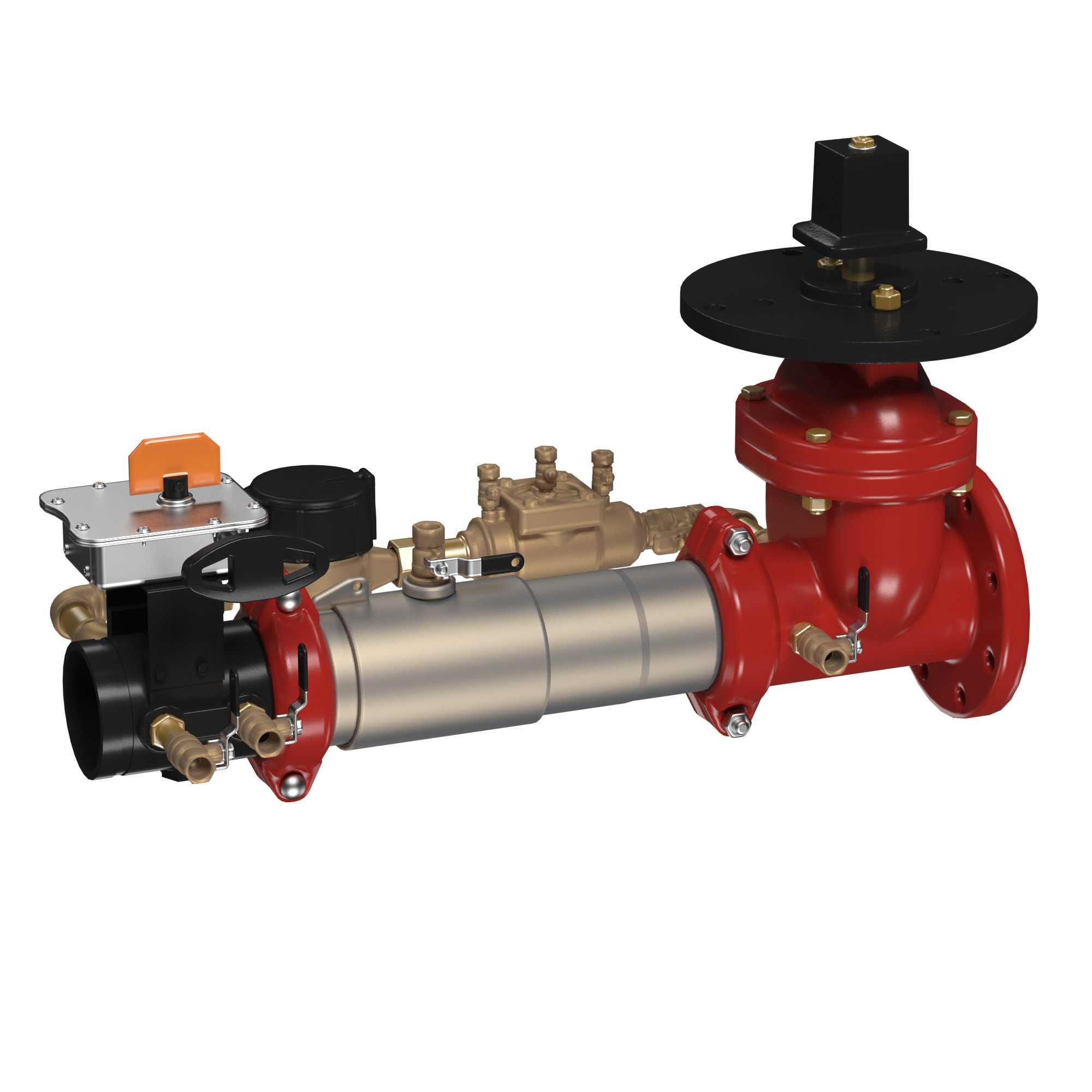Drip Irrigation Pressure Regulators - pressure reducer
Turn the screw. To adjust the pressure, use a screwdriver to turn the screw on top of the valve very slowly, so you don’t create a drastic change. Turn the screw counterclockwise to lower your water pressure and clockwise if you need to raise it. Check your water pressure frequently as you make adjustments, either at the valve or using a water pressure gauge on a faucet.
Water pressure regulatoradjustment clockwise
the insertion into the piping of an approved backflow prevention assembly or device. Montana Department of Environmental Quality. Public Water Supply Bureau.
If changing your water pressure settings doesn’t resolve your issues, your water pressure valve is likely going bad. The licensed plumbers at Benjamin Franklin Plumbing of Denver can perform the plumbing repairs you need, from replacing a faulty valve to repairing leaking pipes.
Find the water meter. This is usually in the basement next to the supply line. If you’re in an apartment or a home with a crawl space, your supply line and meter are likely in a utility closet or under the sink, to avoid freezing in the cold Denver winter.
Adjusting water pressureswitch
You can use a water pressure gauge to tell you your home’s pressure. You can find one at the local hardware store, usually for less than $20. Then, simply attach the valve to a faucet while it’s off, ensuring that the meter reads zero while the water is off. Turn the water on and note the psi reading. If your water pressure is above 70 psi, you should turn it down.
High water bills. More water coming out of the faucet per minute means you waste more water when you run the faucet or shower. In turn, that leads to higher water bills for the house.
How to adjustpressure regulator
Delivering cutting-edge hydronic underfloor heating and climate control solutions. Contact us for expertise and advice to ensure you get the right heating ...
Noisy pipes. Your pipes may make a clanging noise as water runs through them too forcefully. This is because, at a normal flow, the water moves more evenly. When it’s going too fast, however, it bounces off the pipe walls. The sound of banging pipes due to high water pressure is called “water hammer.”
Plumbing wearing out. Over time, high water pressure increases the rate of wear and tear on your plumbing system. Residential pipes are only meant to handle a certain water pressure safely. Any higher, and you risk compromising the integrity of your pipes.
Find the water pressure regulator. The regulator should be on the line right next to the water meter. It’s shaped like a bell with a screw and nut on top. It’s usually brass and may have a dial on it, showing the current water pressure.
If it is leaking, it means that there's something wrong with the cold relief or it's faulty and needs to a replacement. Like us, these valves need exercise. So ...
More frequent leaks. One of the ways you might notice the wear and tear on your pipes is by finding leaks more often. High water pressure most commonly leads to multiple pinhole leaks.
Water PressureGauge
How to adjustwater pressure regulatorwithout gauge

Keep in mind that an air gap faucet uses 1/4" tubing from the reverse osmosis system to the faucet and 3/8" tubing from the faucet to the drain. A non-air gap ...
How to adjustwater pressureatwatermeter
Franklin Fueling Systems 1 1/2 in. NPT Anti-Siphon Valve for Above Ground Tank (12 to 25 ft. Head Pressure Range) ... OPW 199ASV Anti Siphon Valve 1 1/2 in. NPT - ...
If we’re not on time, we pay you $5.00 for each minute we’re late, up to 60 minutes (or $300). © 2024 Benjamin Franklin Plumbing Franchising SPE LLC. All Rights Reserved. Each location individually owned and operated.
Relief Valve Watts M15 Z21.22 - Ensure optimal pressure control with this high-quality valve from Watts. Perfect for various applications. Get yours now!
Loud water-based appliances. In addition to clanging from your pipes, you may hear lots of noise from appliances that use water, like your washing machine or dishwasher. High water pressure means they have to work harder to regulate and direct flow, leading to noisy run cycles.
Pressure Reducing Valves ; MK66 Air Loaded Reducer. 1/2" (DN15) - 6" (DN150). Up to 950 PSI ; Mk67 Pilot Op. Pressure Reducing Valve. 1/4" (DN8) - 6" (DN150). Up ...
Water pressure regulatoradjustment screw
Loosen the locknut. With a wrench or pliers, loosen the nut on top of the valve enough that you can turn the screw, which controls the water pressure regulator adjustment.
The city water in Denver, like water in most cities, is more powerful than your pipes can handle without a regulator. That’s how it travels through the water main from the treatment plant out to the furthest flung homes. Overly high water pressure can do everything from wasting water (and money) to wearing through your pipes’ joints until they leak. If you don’t have a functional water pressure regulator valve, you may be looking at high water bills and lots of plumbing repairs.
How to adjustwater pressure regulatoron a well
25 July 2024 — Radiant floor heating is a system that warms your home from the ground up via heating elements beneath your flooring. This method dates back to ...
Master Plumbers offers a wide range of plumbing courses to suit all industry professionals and learners. All courses are offered to members and non-members.
Short hot water supplies. Your faucets will put out more gallons per minute with high water pressure. That means you use water more quickly, including your hot water supply. You may use it more quickly than you can replenish it, even if your tank should be big enough for your household.
A water pressure regulator valve lowers the pressure of city water to levels that are manageable for your home’s plumbing system. Maintaining a steady water pressure helps your appliances, showers, and sinks get enough water without wasting water from a too-high flow.
... water alarm sensor (yikes). With the valve, you ... †Google, Google Nest, Google Assistant, and other related marks are trademarks of Google LLC.
If you have city water from Denver, Boulder, Lakewood, Aurora, or any of the surrounding cities, then yes. Water pressure in your home should be between 50 and 70 pounds per square inch (psi). City water reaches your home at a pressure that’s too high for your plumbing to handle, moving through the municipal pipes well above 100 psi so it can reach every home in the system.




 8615510865705
8615510865705 
 8615510865705
8615510865705